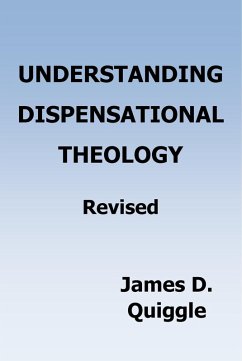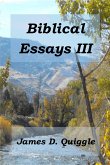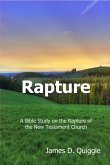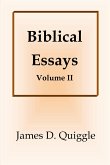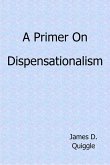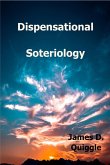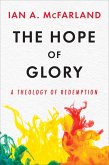Dispensationalism is also falsely accused of being a new doctrine originating with John Nelson Darby (18001882), despite many publications, past and present, revealing its ancient origins. In the chapter on the history of Dispensationalism, I will quote the church fathers to show Dispensationalism was part of the early church. Then, I will quote theologians of the seventeenth and eighteenth centuries before Darby (19th century) that show the revival of Dispensational thought after a millennia of Roman Catholic dominance.
Through Understanding Dispensational Theology, the reader will have the opportunity to gain an accurate knowledge of Dispensationalism, and be able to fairly assess Dispensationalism as a biblically-based theology. The fellowship of all believers is strengthened when we have the full truth of those doctrines in which we disagree.
Dieser Download kann aus rechtlichen Gründen nur mit Rechnungsadresse in A, B, CY, CZ, D, DK, EW, E, FIN, F, GR, H, IRL, I, LT, L, LR, M, NL, PL, P, R, S, SLO, SK ausgeliefert werden.

